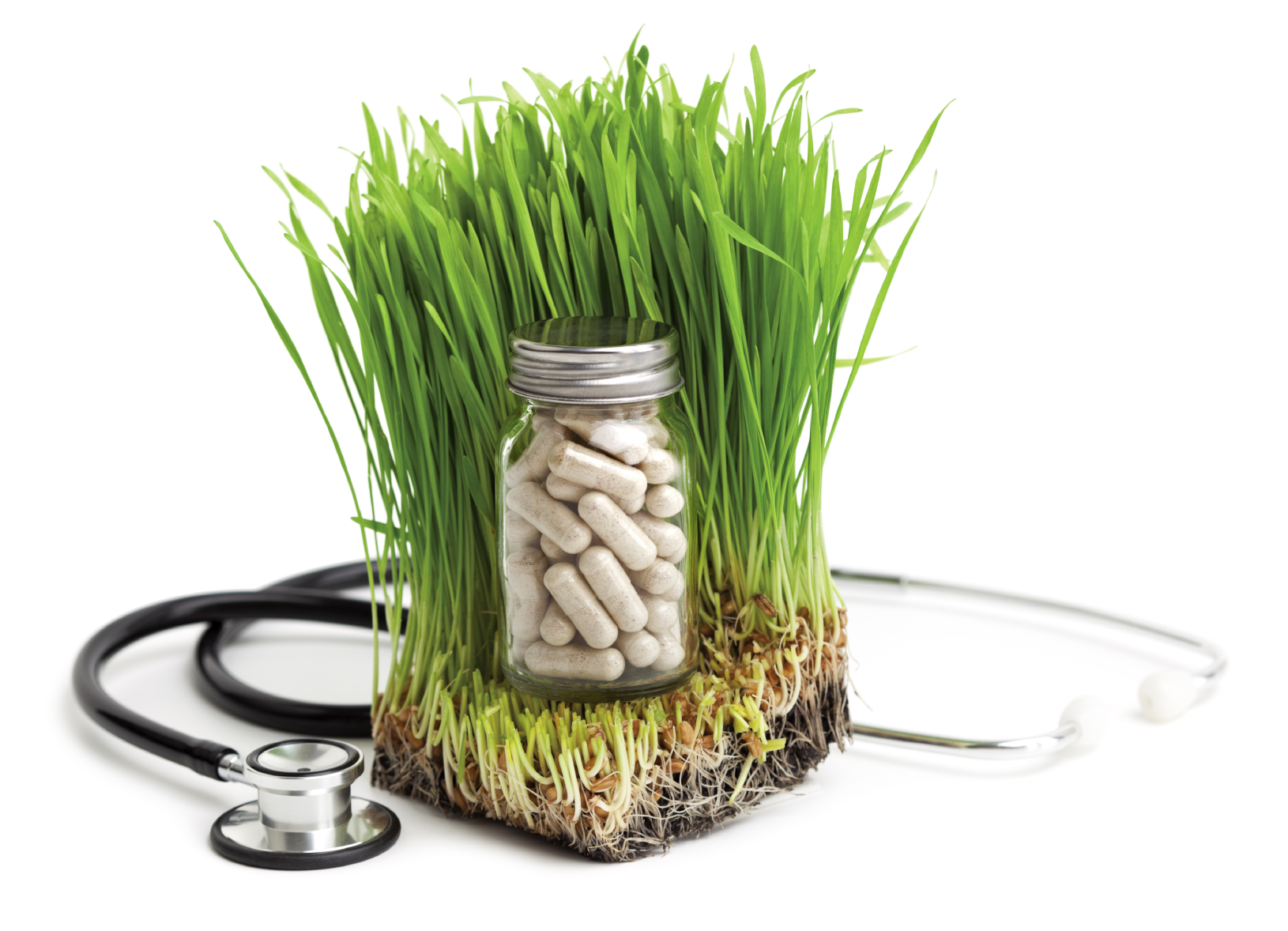Holistic Medicine in Spanish: A Comprehensive Guide to Natural Healing

The search for holistic medicine in Spanish, or "medicina holística en español," reflects a growing global interest in natural and integrated approaches to health and well-being. This isn't just a trend; it's a fundamental shift in how many people are viewing healthcare. Instead of focusing solely on treating symptoms, holistic medicine seeks to address the root causes of illness, considering the interconnectedness of mind, body, and spirit. This comprehensive guide delves into the world of holistic medicine as understood and practiced in Spanish-speaking communities.

Understanding Holistic Medicine: A Broader Perspective
The core principle of holistic medicine, regardless of language, is the belief that optimal health encompasses physical, mental, and emotional well-being. Unlike conventional medicine, which often focuses on treating specific symptoms with pharmaceuticals or surgery, holistic approaches aim to treat the whole person. This includes exploring lifestyle factors, environmental influences, and emotional states as potential contributors to illness.
Key Practices in Holistic Medicine (Medicina Holística):
Many practices fall under the umbrella of holistic medicine. Here are some of the most popular, with their Spanish translations and brief explanations:
- Acupuntura (Acupuncture): This ancient Chinese technique involves inserting thin needles into specific points on the body to stimulate energy flow and alleviate pain and other ailments.
- Homeopatía (Homeopathy): This system of medicine uses highly diluted substances to stimulate the body's natural healing processes. It's important to note that the scientific evidence supporting homeopathy is debated.
- Quiropráctica (Chiropractic): Chiropractors focus on the diagnosis, treatment, and prevention of musculoskeletal disorders, primarily through manual adjustments to the spine.
- Naturopatía (Naturopathy): Naturopathic medicine emphasizes the body's inherent healing ability through natural therapies like herbal remedies, nutrition, and lifestyle changes.
- Medicina Tradicional (Traditional Medicine): This encompasses various healing practices specific to different cultures and regions, often involving herbal remedies and traditional healing techniques passed down through generations. In Spanish-speaking countries, this includes a rich tapestry of indigenous healing traditions.
- Yoga y Tai Chi: These mind-body practices help reduce stress, improve flexibility, and enhance overall well-being. They are widely popular and easily accessible, even with limited Spanish vocabulary.
- Terapia nutricional (Nutritional Therapy): Focusing on the role of diet in health and disease, nutritional therapy guides individuals towards a balanced and beneficial diet to support overall well-being.
Finding Holistic Practitioners (Profesionales Holísticos):
The search for "médicos holísticos" or "terapeutas holísticos" in Spanish-speaking areas might require some research. Online directories, community resources, and word-of-mouth recommendations can be valuable tools. It's important to verify practitioners' credentials and experience. Consider looking for professionals with certifications and memberships in relevant organizations.
The Importance of Language and Cultural Sensitivity:
When seeking holistic medicine in a Spanish-speaking context, cultural sensitivity is crucial. Understanding the nuances of language and cultural beliefs around health and healing can significantly impact the effectiveness of treatment. A practitioner who understands and respects these aspects can provide more personalized and effective care.
Resources for Finding Holistic Medicine in Spanish:
Several resources can aid your search for holistic medicine information and practitioners in Spanish:
- Online Directories: Many online directories list holistic practitioners. Use keywords like "medicina holística en [country/city name]" to refine your search.
- Spanish-Language Health Websites: Many websites dedicated to health and wellness provide information in Spanish, offering insights into various holistic practices.
- Local Community Centers: Community centers and health clinics often have resources and referrals for holistic practitioners in the area.
- Social Media: Social media platforms can be helpful in connecting with other individuals interested in holistic medicine in Spanish-speaking communities.
Beyond Treatment: A Holistic Lifestyle (Un Estilo de Vida Holístico):
Holistic medicine extends beyond specific treatments. It encompasses a lifestyle approach that prioritizes well-being. This includes aspects like:
- Mindfulness and Meditation: Practicing mindfulness and meditation can help manage stress and improve mental clarity.
- Healthy Diet: Nutrition plays a pivotal role in holistic health. A balanced diet rich in fruits, vegetables, and whole grains is essential.
- Regular Exercise: Physical activity is crucial for both physical and mental well-being.
- Adequate Sleep: Sufficient sleep is essential for the body to repair and rejuvenate.
- Stress Management: Developing effective stress management techniques is vital for overall health.
Conclusion: Embracing Holistic Wellness in Spanish-Speaking Communities
The growing interest in "medicina holística en español" reflects a broader shift toward integrated and personalized healthcare. By understanding the principles of holistic medicine, utilizing available resources, and embracing a holistic lifestyle, individuals in Spanish-speaking communities can access a wide range of approaches to achieve optimal health and well-being. This approach recognizes the interconnectedness of mind, body, and spirit, leading to a more complete and fulfilling path to health.
Disclaimer: Artikel ini diolah dari berbagai sumber.